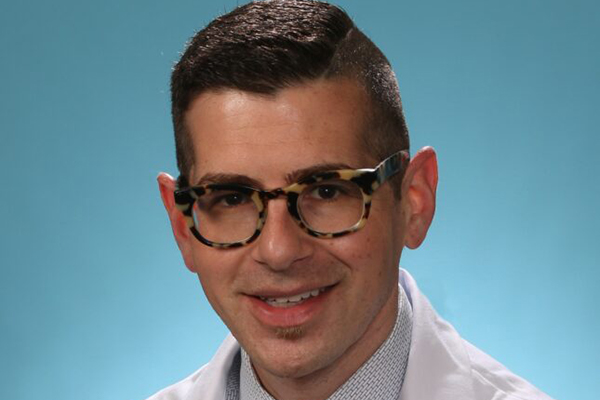Moreno seeks precision medicine for genetic heart condition
Jonathan Moreno conducts cardiac research in Jon Silva’s lab in biomedical engineering

Hypertrophic cardiomyopathy, an inherited cardiac disease in which the heart muscle becomes very thick, affects one in 500 people and is the leading cause of sudden cardiac death in young people. Unfortunately, there is no drug therapy that modifies the disease or reduces the risk of death, despite nearly 50 years of research into the genetic condition.
Jonathan Moreno, MD, PhD, a postdoctoral fellow in the Department of Biomedical Engineering in the McKelvey School of Engineering, will work to design precision therapies for hypertrophic cardiomyopathy with a five-year, $870,000 grant from the National Institutes of Health. The Clinical Investigator Award provides individuals with clinical doctoral degrees with an intensive, supervised research career development experience.
With the funding, Moreno plans to merge clinical data, genetics, advanced imaging and biophysical characterization of hypertrophic cardiomyopathy to understand how higher-dimensional ultrastructural remodeling influences electrophysiology to design precision-targeted drug therapy. He will look at patient-specific responses to two test drugs: ranolazine and beta blockers, then use imaging to create a 3D model to test single-cell drug predictions.
Moreno, also an instructor of medicine in the Division of Cardiology at Washington University School of Medicine, works in the lab of Jon Silva, associate professor of biomedical engineering. He completed a residency and fellowships in cardiovascular medicine and advanced heart failure and transplant cardiology, all at Washington University in St. Louis and Barnes Jewish Hospital.




